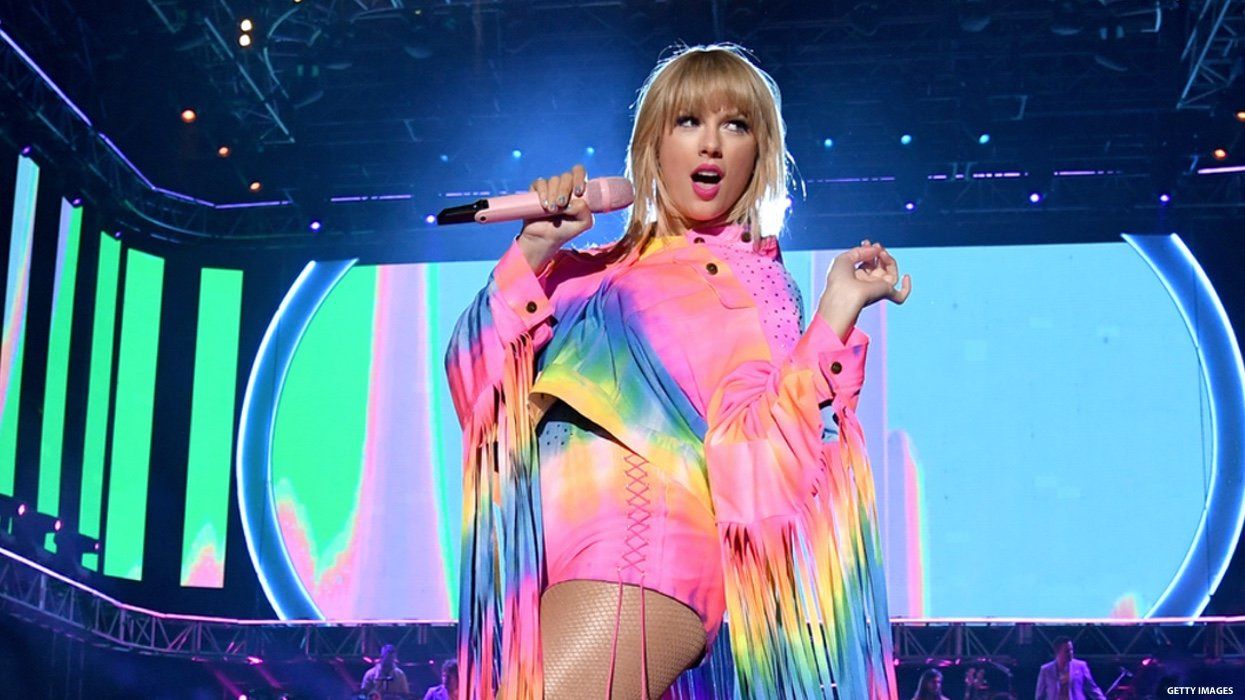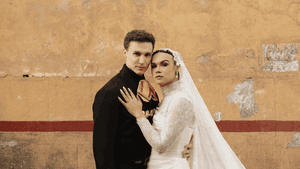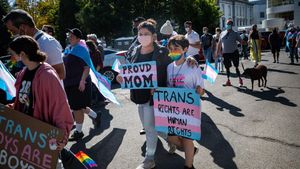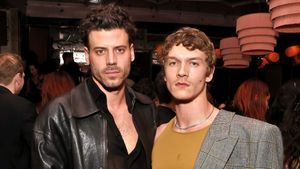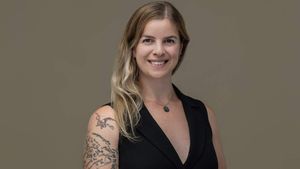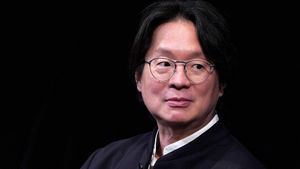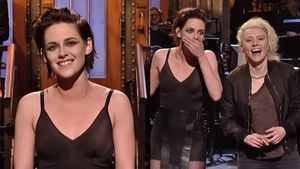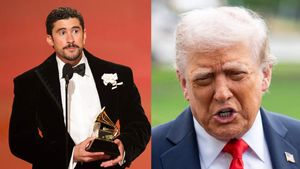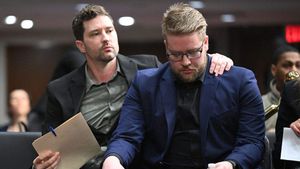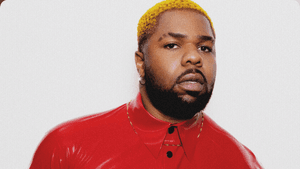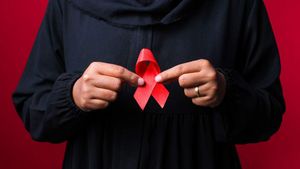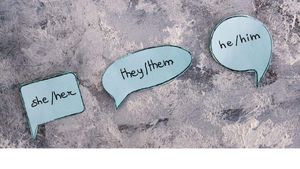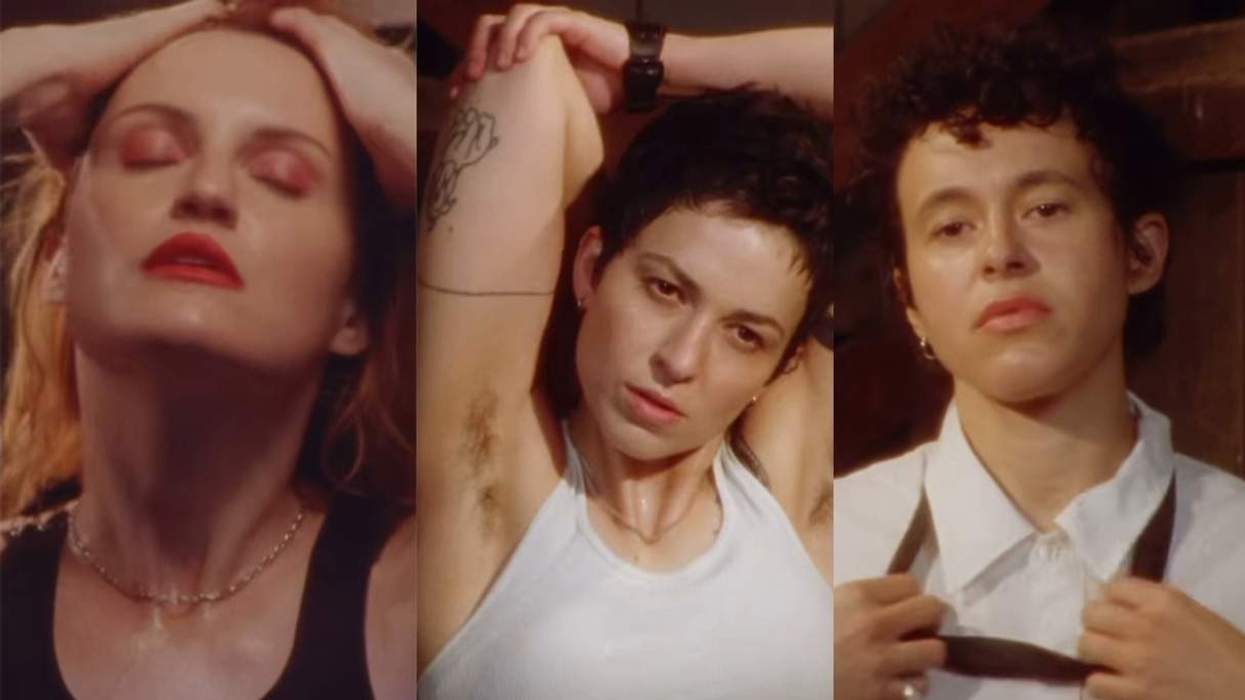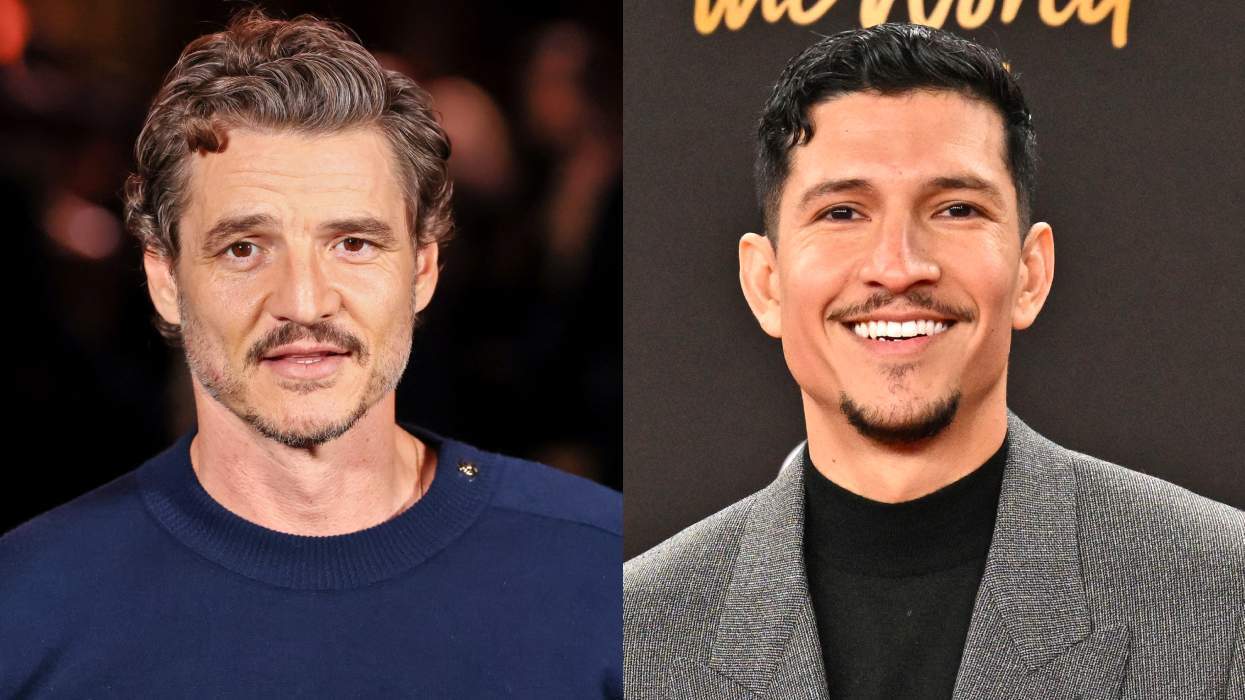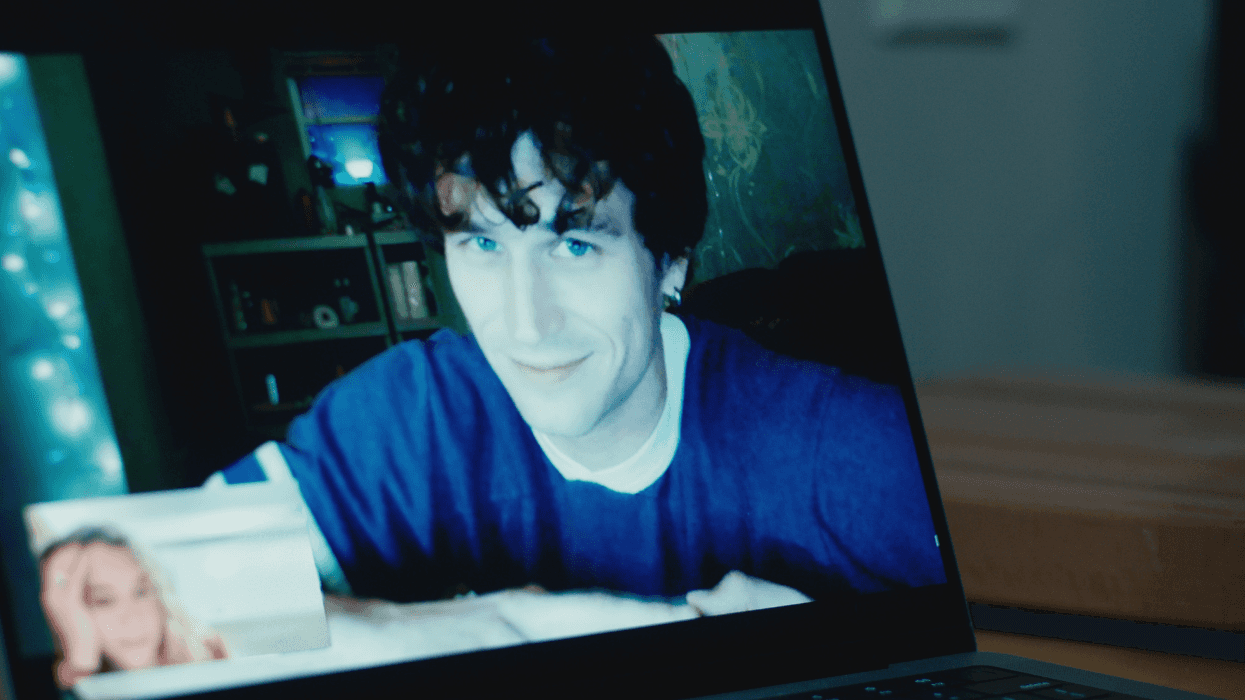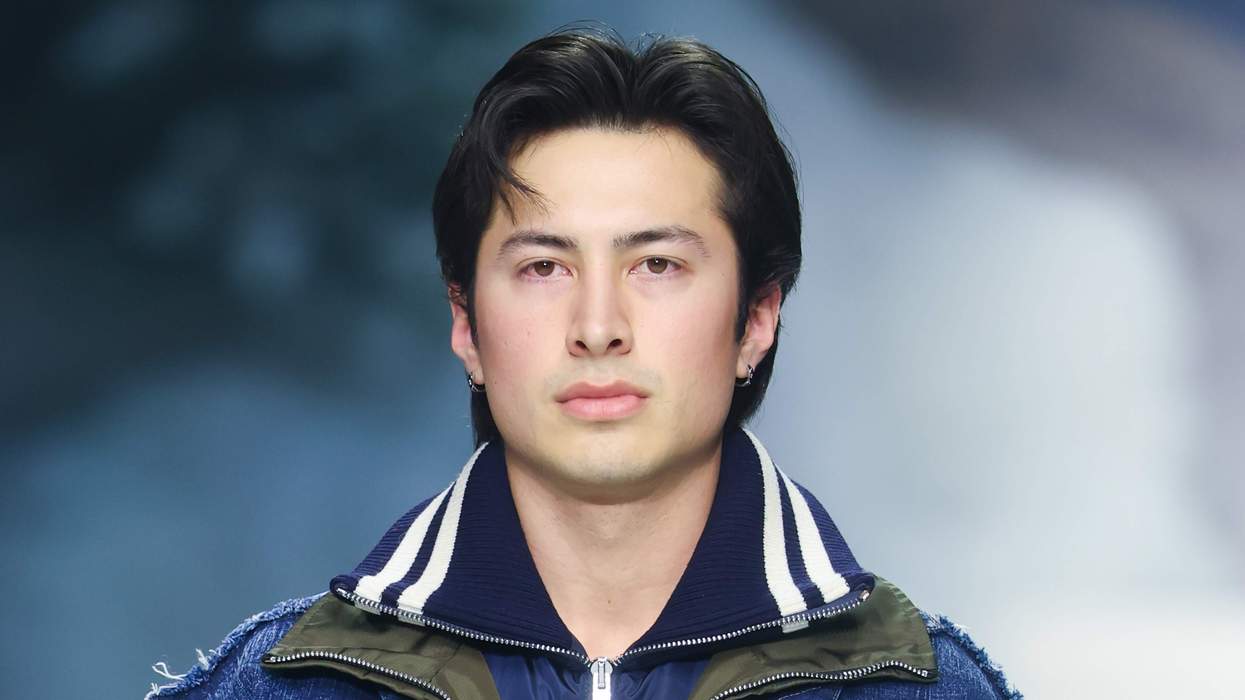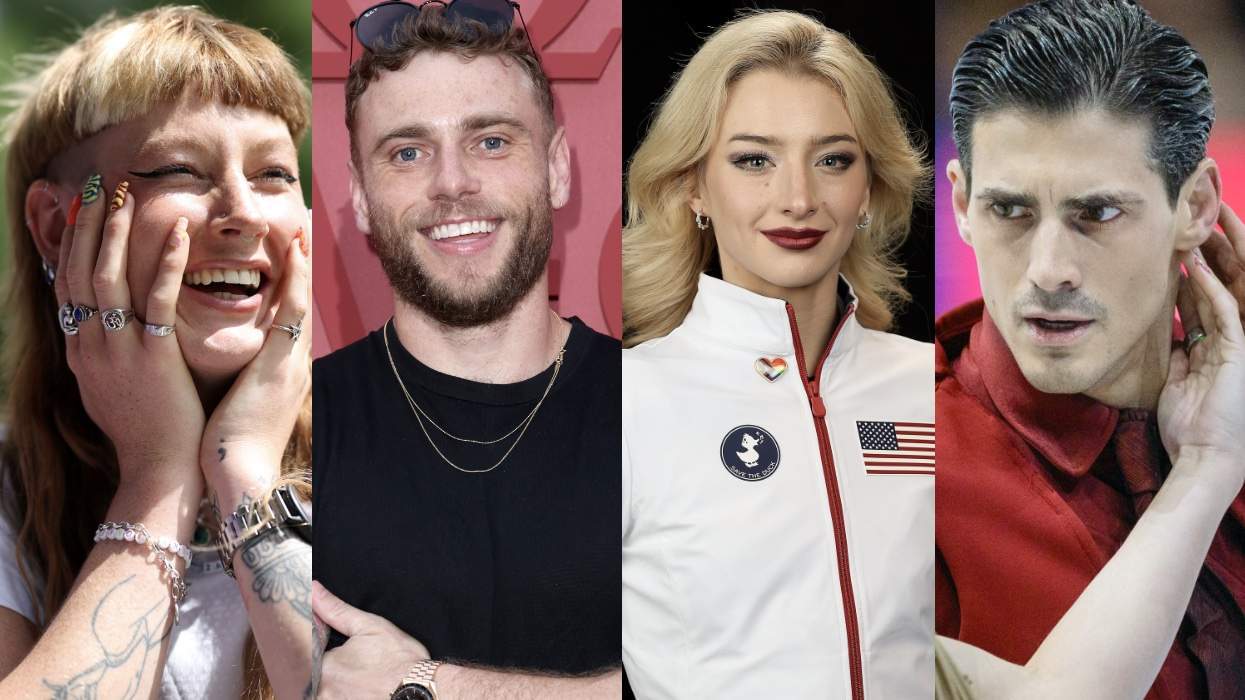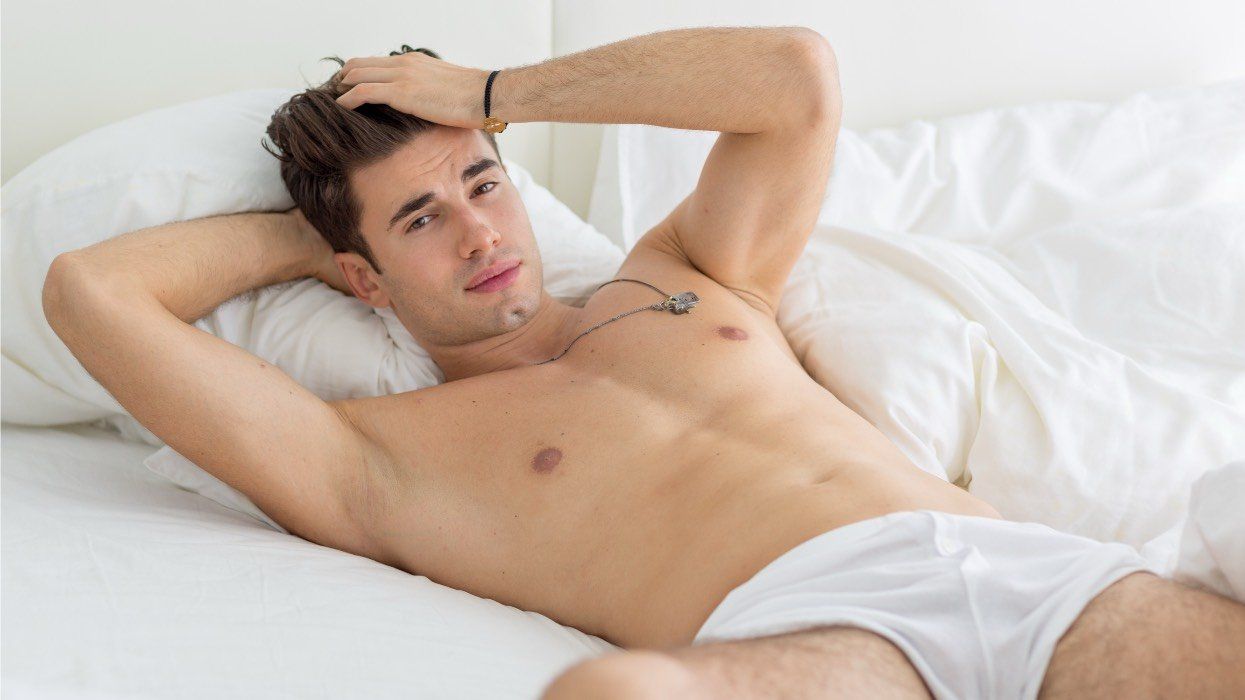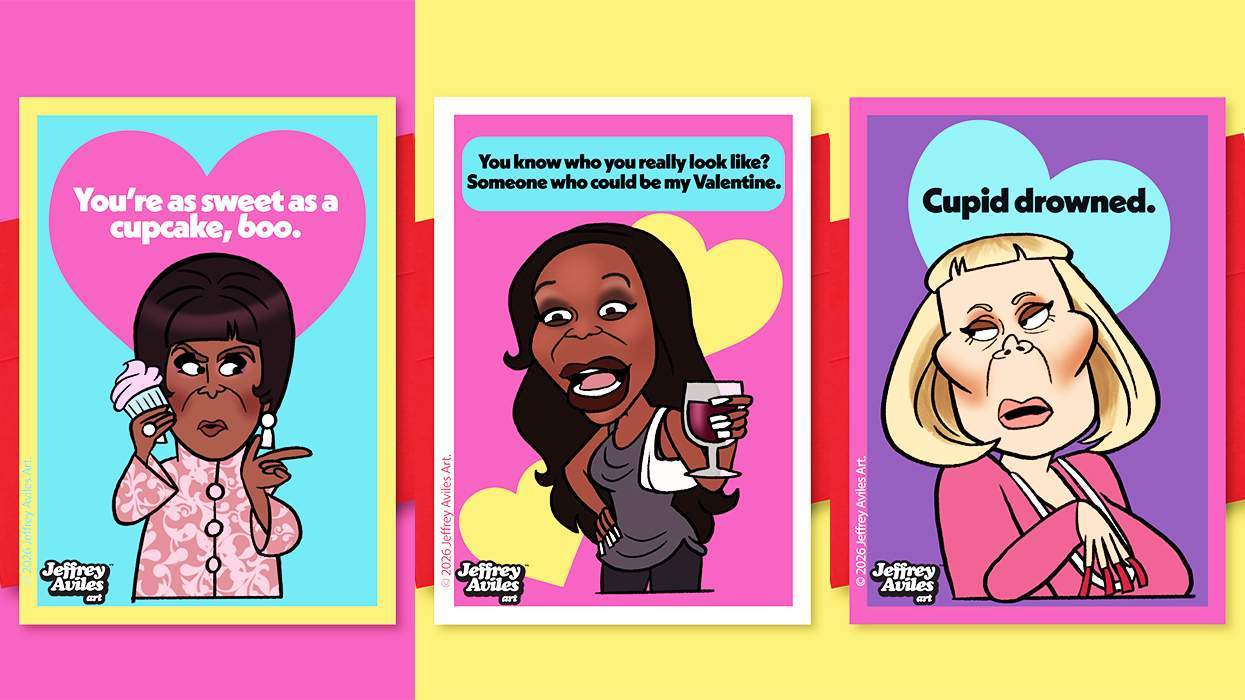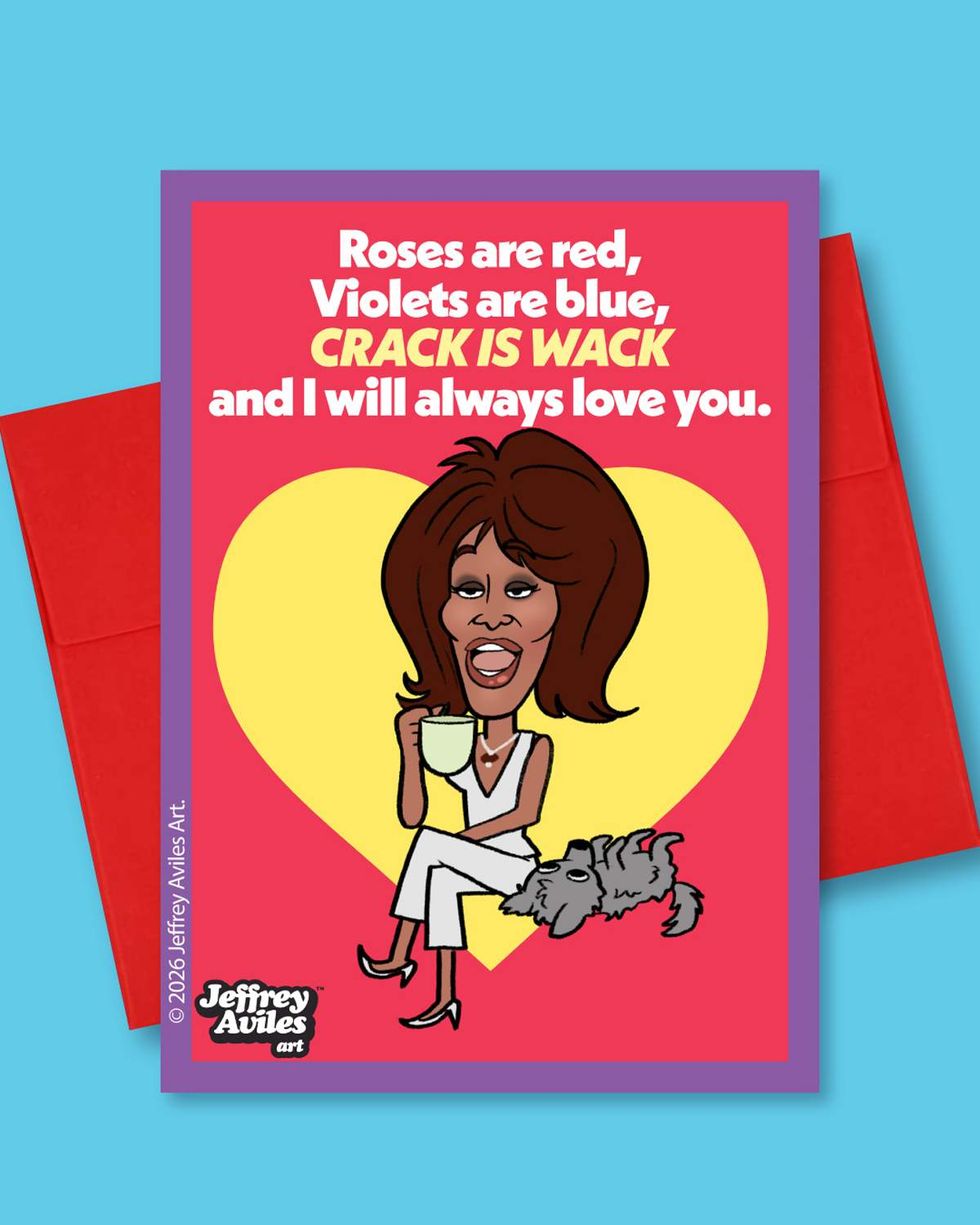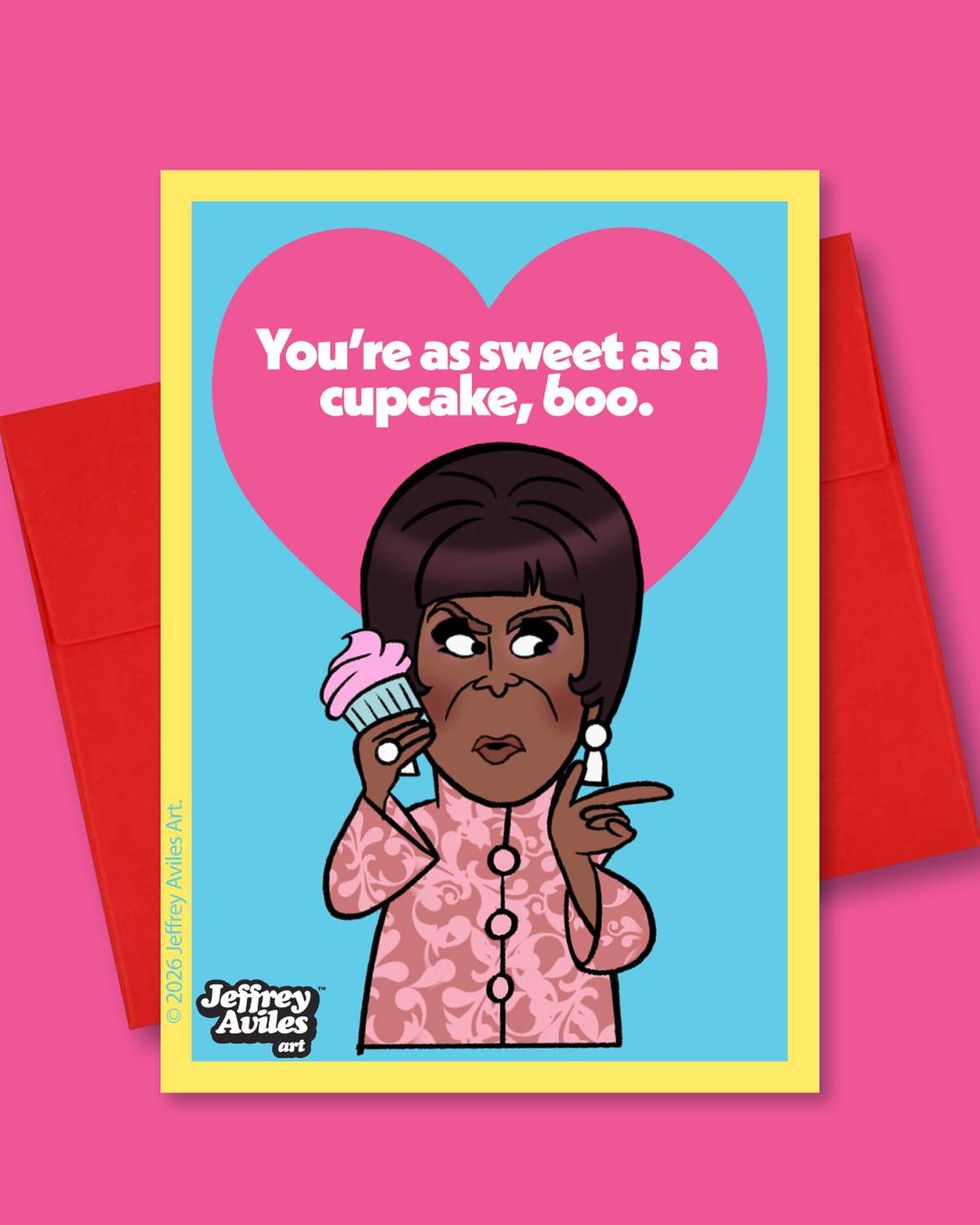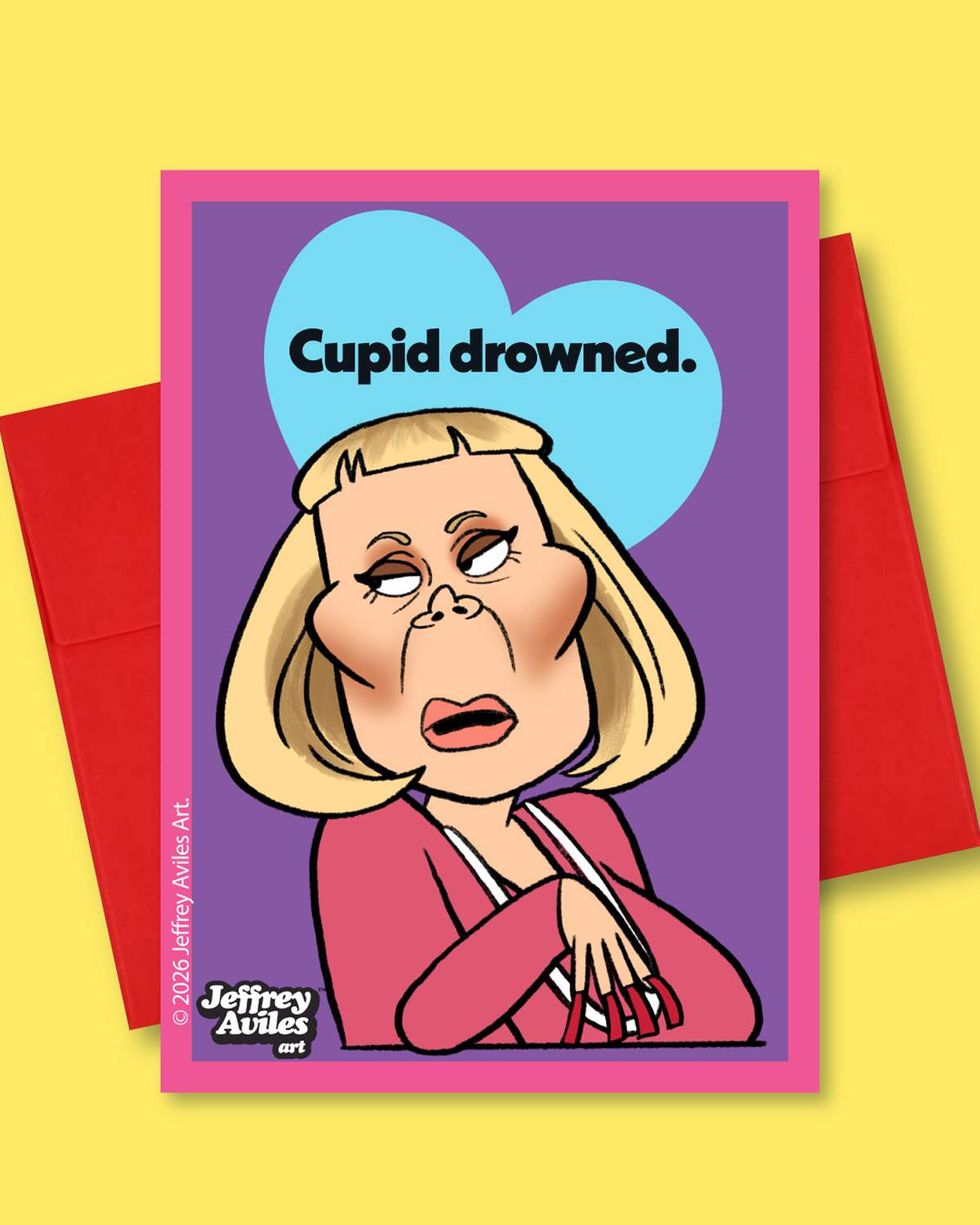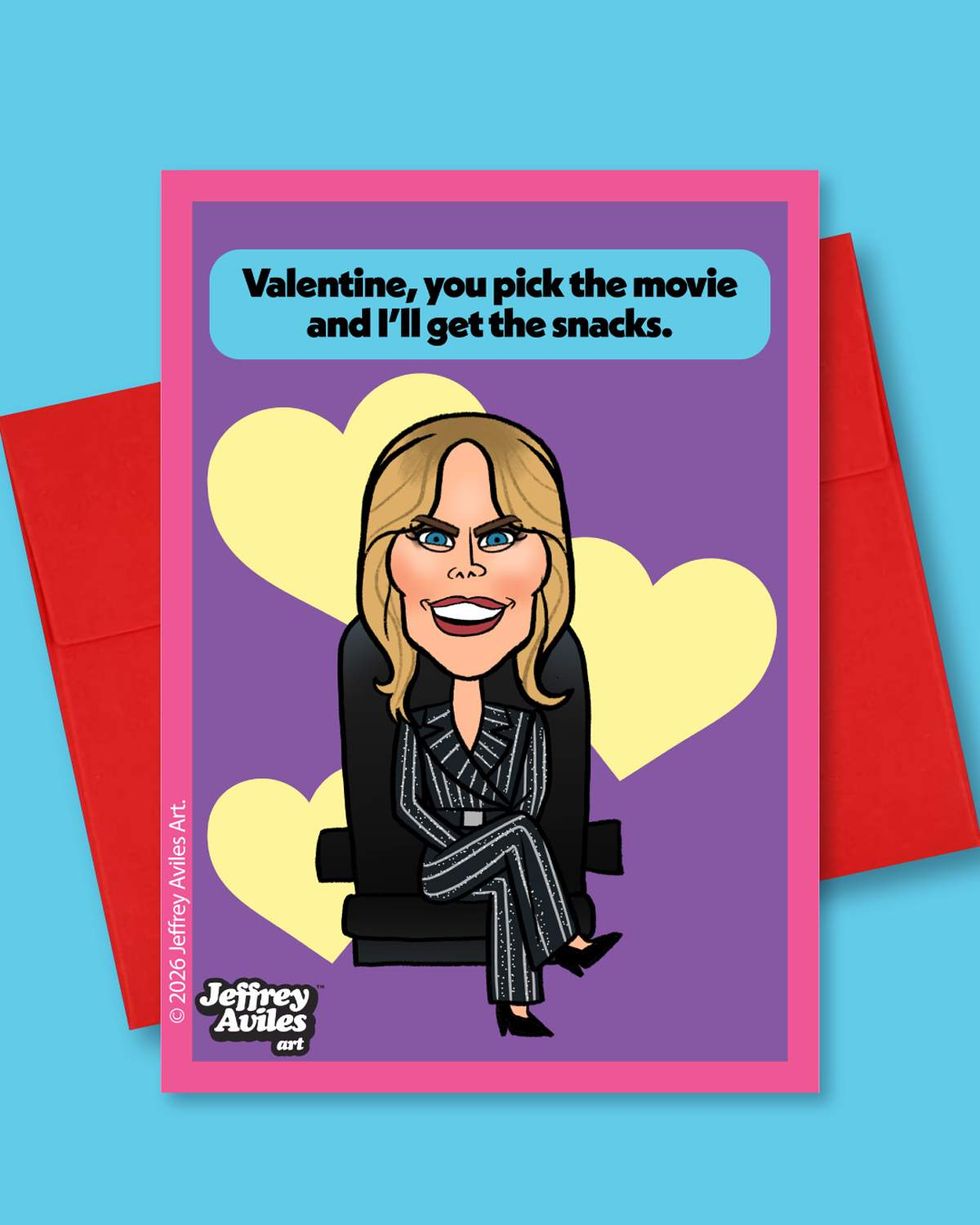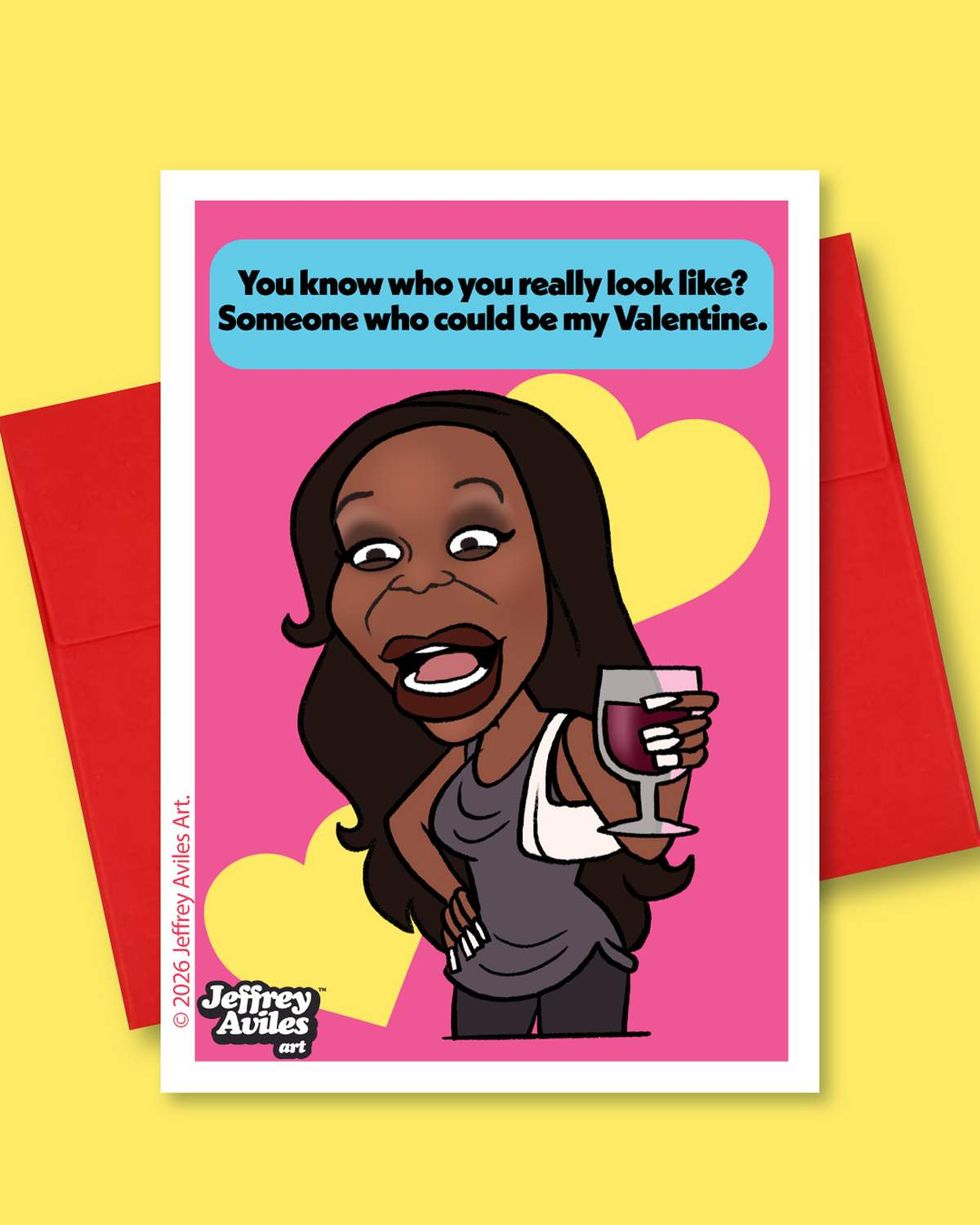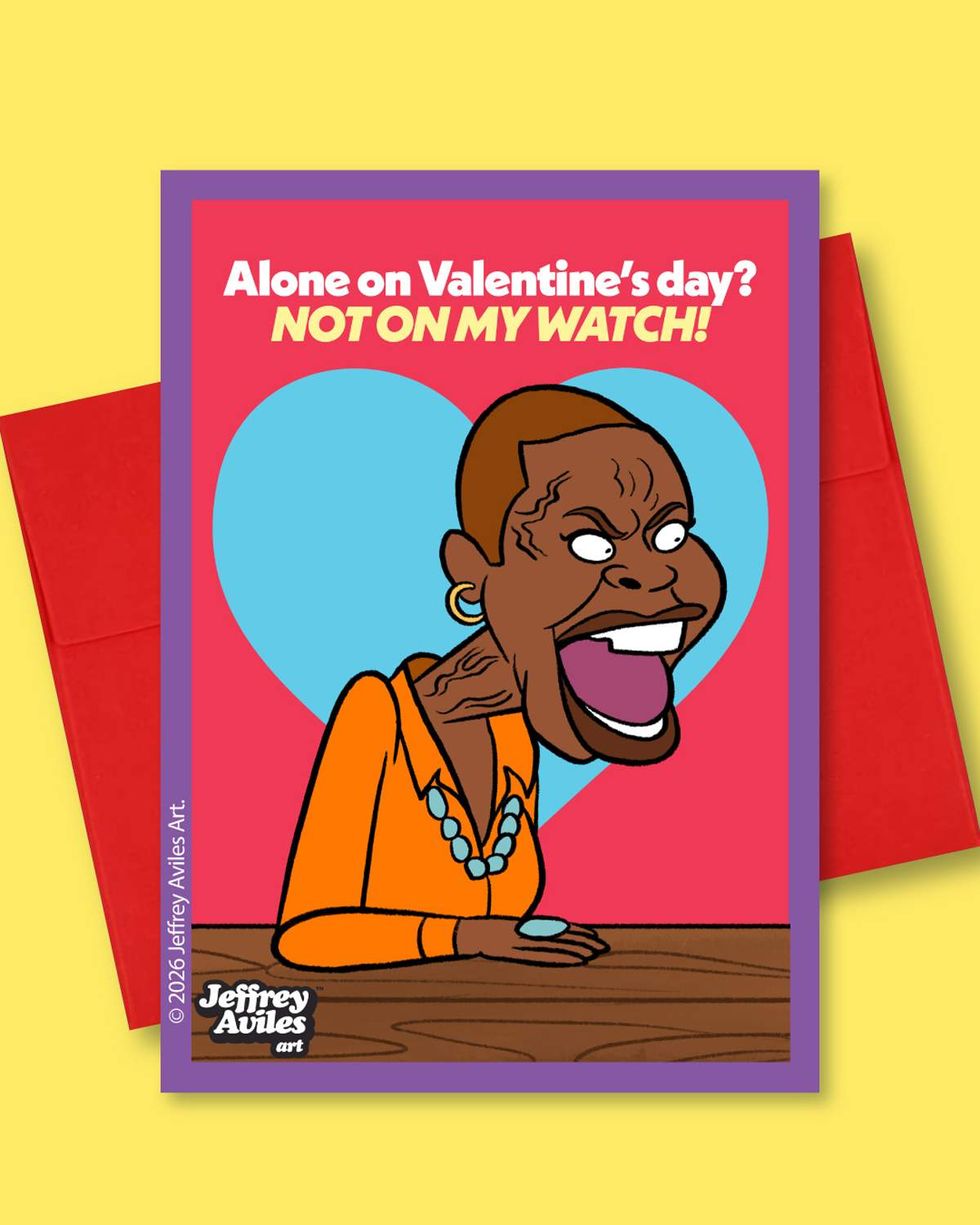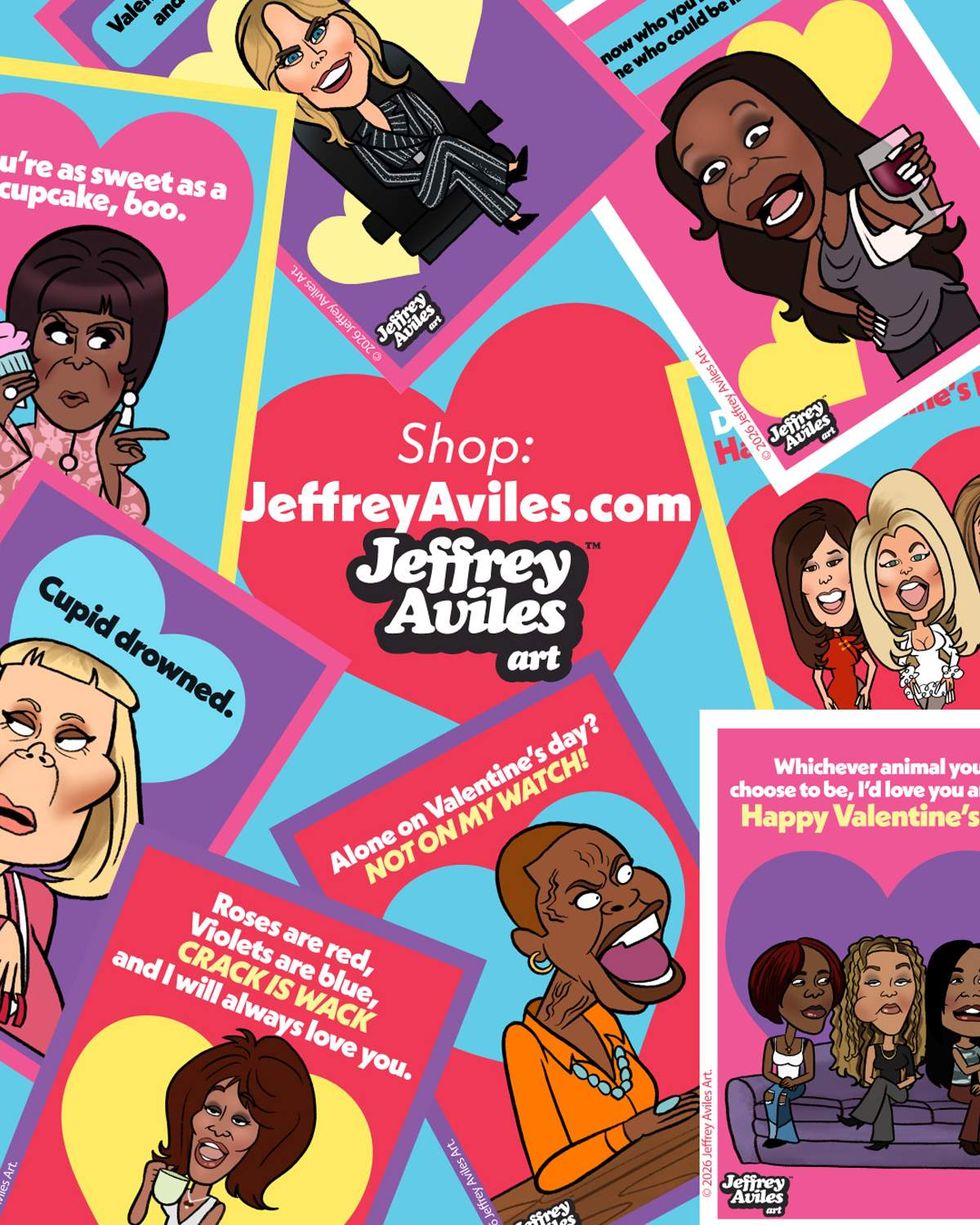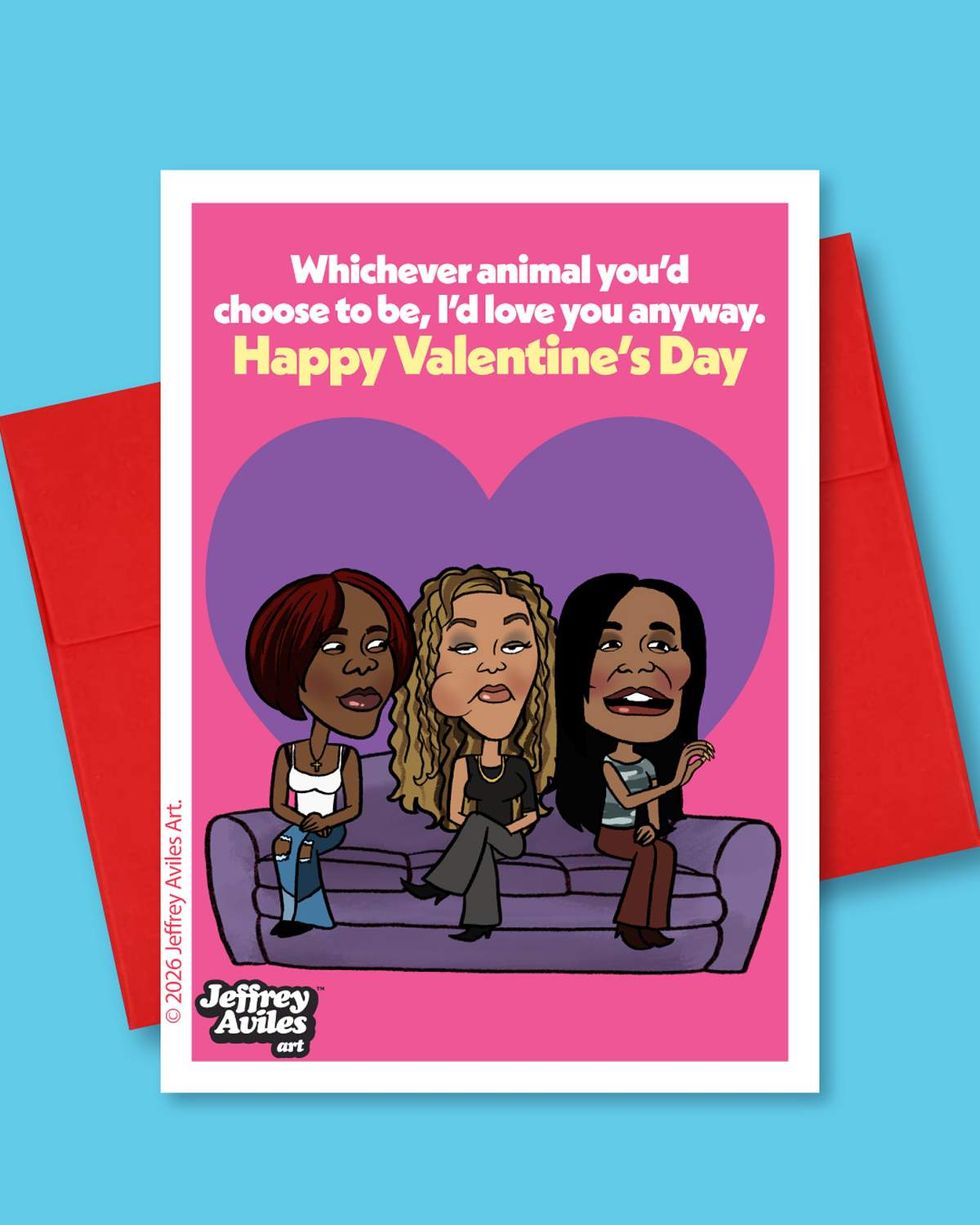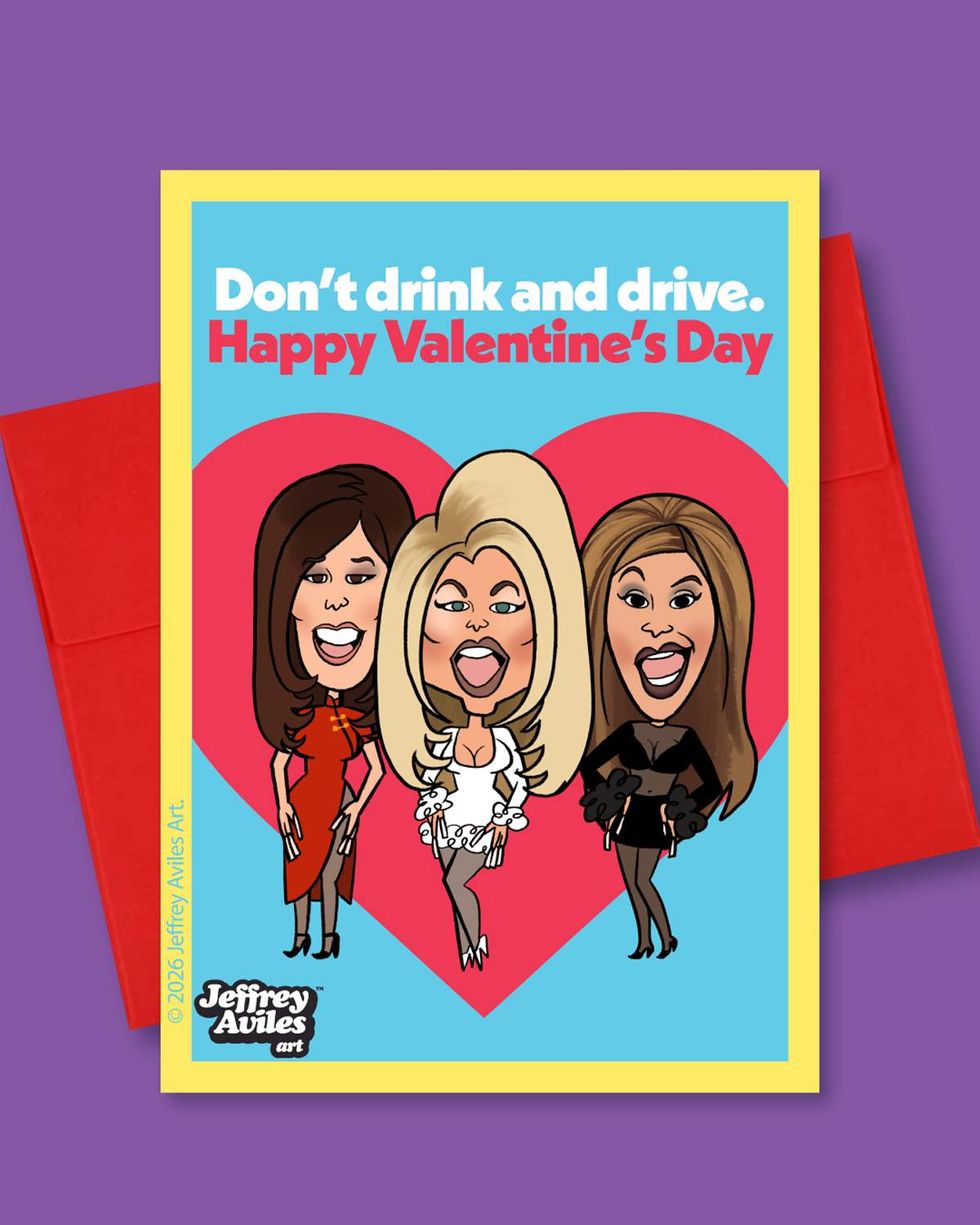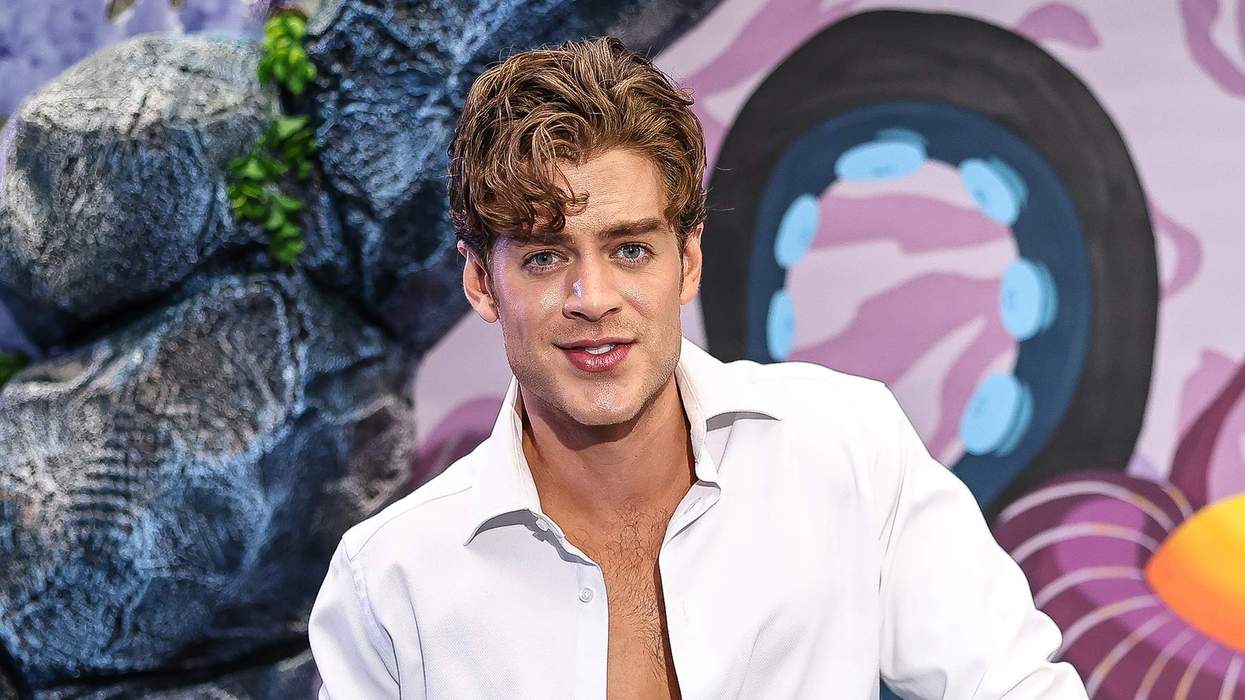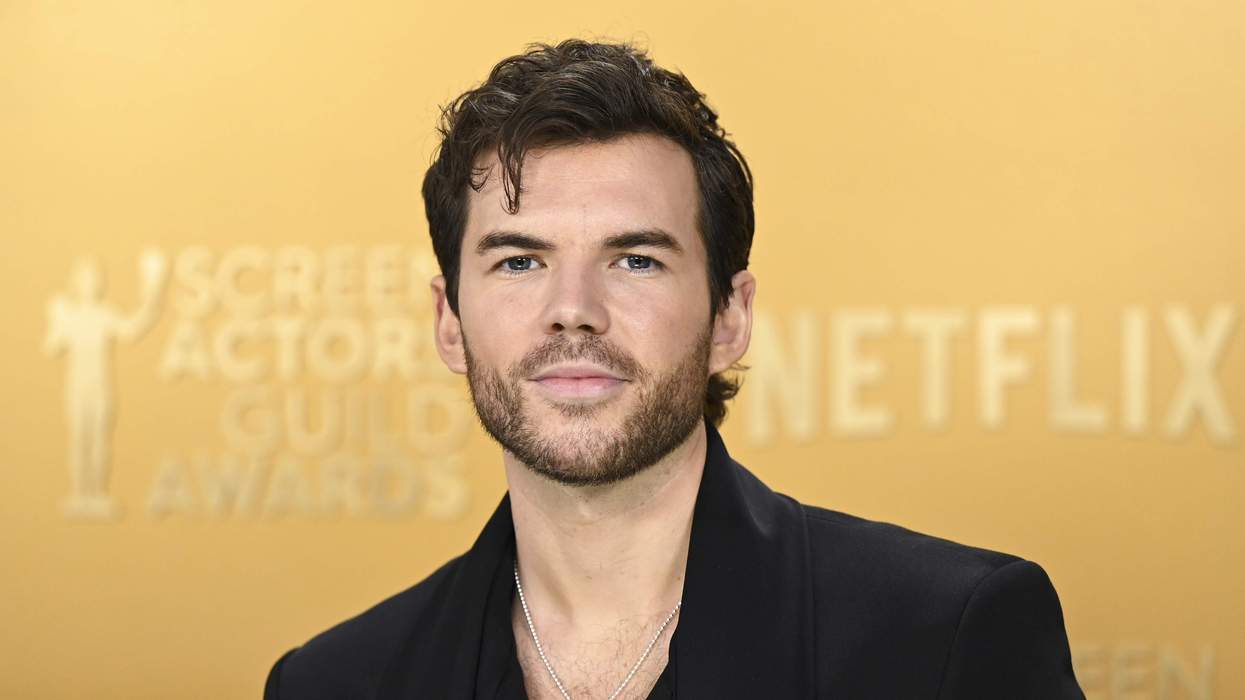We live in a time where celebrities coming out as LGBTQ+ is far more common than anyone likely would have imagined just 10-15 years ago. That’s not to say these events are without backlash, but a beloved actor or musician declaring their place in the community is rarely the big shock it once was. And acceptance among the general public feels more standard, as well.
Despite this, pearl-clutching over speculation that a celebrity might be queer seems to be running rampant on social media. Taylor Swift fans who swap theories about the “Cruel Summer” singer having dated Karlie Kloss are harassed by stans with “Gaylors DNI [do not interact]” in their Twitter bios. Olivia Rodrigo fans reading a song off her latest album as sapphic get hit with demands to stop making assumptions about her personal life from fans who have no qualms assuming other lyrics mean she's feuding with Taylor Swift. A recent PRIDE article noting Billie Eilish responded to an Instagram ask about whether she was “fruity” with a picture of fruit was met with the same disdain.
It’s an almost baffling phenomenon, particularly as those perpetuating it insist it’s not coming from a place of homophobia—just a desire to protect celebrities from intrusive dives into their private lives. But if we can agree that there’s nothing wrong with being LGBTQ, why is wondering whether a public figure might be a member of the community such a point of contention?
Let’s take a look at the arguments against this speculation—and then let’s break down why they’re so harmful.
“Speculating on a celebrity’s sexuality and/or relationships is gross and inappropriate.”
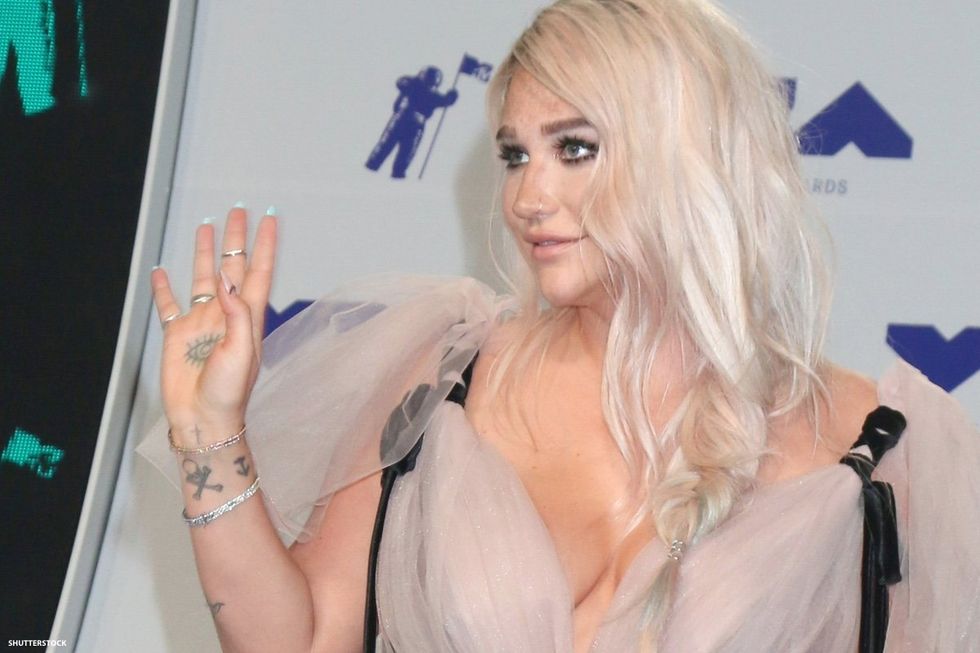
Kathy Hutchins/Shutterstock
People have been speculating about celebrities’ personal lives for as long as the concept of “celebrity” has existed. You can make the argument that it’s weird to be invested in someone you’ve never met (and that’s a conversation for a different day), but the fact is, it’s still going to happen. Why is it considered crossing a line to speculate that Taylor Swift dated Dianna Agron, but not that she dated Cory Monteith?
Kesha has previously noted that she’s publicly been on dates with women and the media never even picked up on it. But there are plenty of instances where tabloids claim people of the opposite gender who are photographed spending a lot of time together are dating, and we often eventually treat it as fact, despite the people involved never confirming a thing.
Unless a celebrity has explicitly labeled their sexuality, anything is ultimately speculation, even if it’s based on previous public romantic partners. And yet nobody bats an eye at the assumption someone is straight, or dating somebody of the opposite gender. If it’s inappropriate to speculate on someone’s sexuality and/or relationships only if that speculation suggests they might be queer, then the implied message is that there’s something damaging only about queer rumors.
“It’s disingenuous not to acknowledge that being queer, or being rumored to be queer, can harm a person’s career/relationships/etc.”
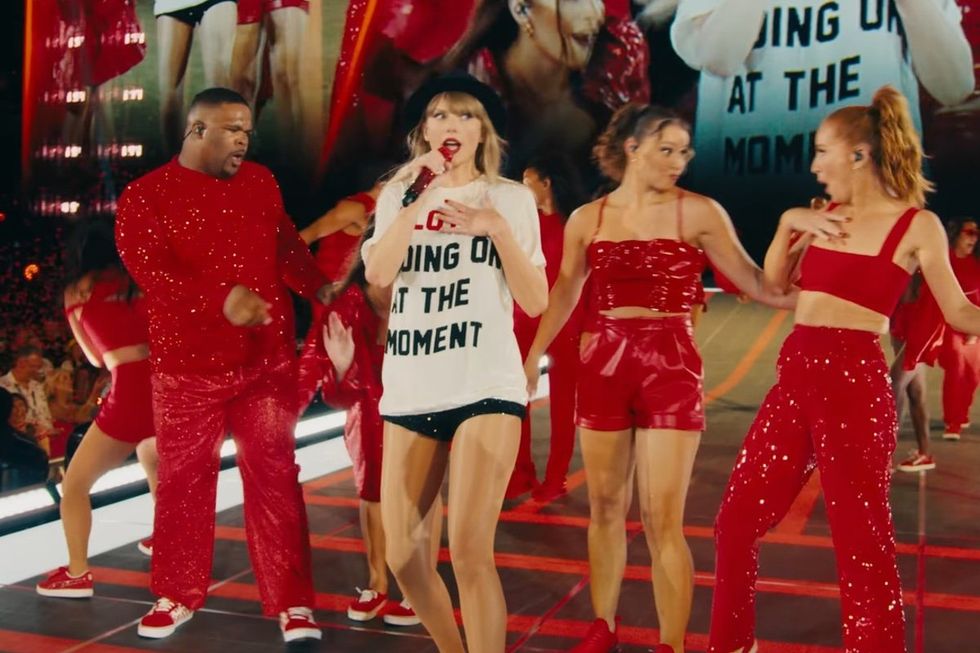
Taylor Swift/YouTube
It’s true that there still isn’t equality around the world, or even in places considered more progressive than others, when it comes to sexuality. But context matters. People on tumblr speculating about a celebrity with a well-connected PR team aren’t likely to risk stirring up genuine trouble in the same way that the high school rumor mill could for a teenager in a small town.
Of course, a celebrity officially coming out, or being outed, is different from mere speculation. Some people aren’t comfortable making that decision because of the potential career ramifications, but that also doesn’t necessarily mean they’re hiding. There have always been big names in Hollywood that are out in their private (and even professional) lives without sharing that with the public. And that’s where queer flagging comes in.
“Queer flagging isn’t a thing anymore, and if it is, you’re misinterpreting it.”
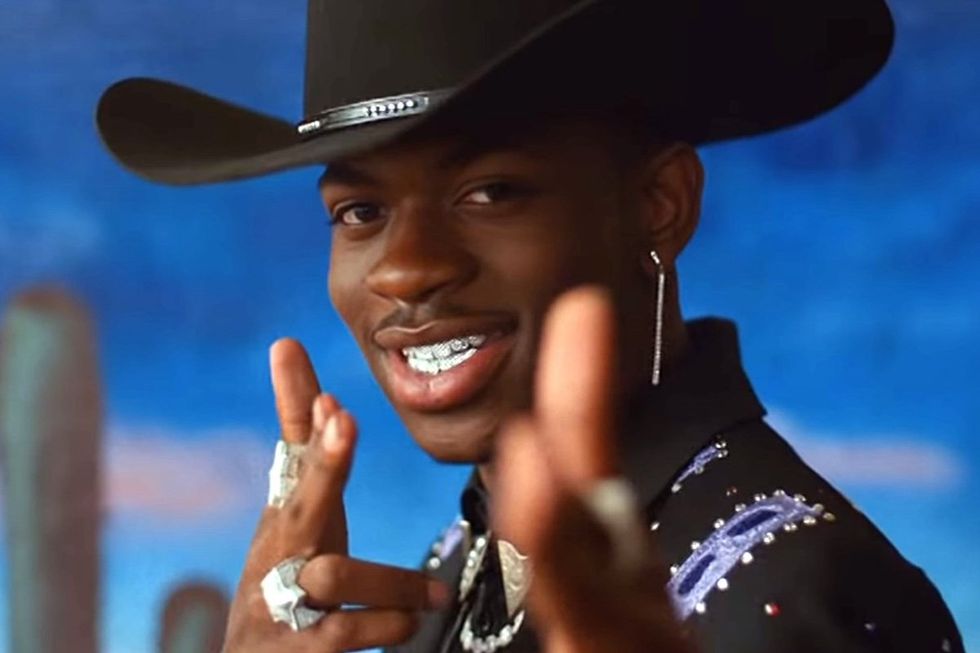
Lil Nas X/YouTube
On the flip side of the previous argument, you also have people who think we live in a time where people who are comfortable being outspoken LGBTQ+ allies would also absolutely be comfortable coming out as LGBTQ+ themselves. But everyone’s journey is different, and the idea of quietly alluding to your sexuality in a way that other queer people will pick up on has always been a way to test the waters, or even just offer up a wink and a nod—and it still is.
Miley Cyrus recently joked about how obviously queer her fashion was when she was younger and already aware of her sexuality but not publicly out. Lil Nas X seemed surprised nobody figured out he was gay when he included rainbows on an album cover, famously tweeting, “deadass thought i made it obvious” as his way of coming out. When Dove Cameron came out, she immediately admitted she had "hinted about [her] sexuality for years while being afraid to spell it out for everybody.”
Queer flagging isn’t synonymous with harmful stereotypes that reinforce the gender binary; it’s not that obvious. In other words, if you aren’t picking up on it, it’s probably not for you. And just because you don’t see or connect with it doesn’t mean it doesn’t exist. As scarlettvicc writes in her Medium essay on the topic, “There are always occasions where coincidences happen, but to insist that this flagging does not exist only perpetuates the same erasure of queer people that created the need for flagging in the first place.”
“Speculating on someone’s sexuality is literally outing them.”
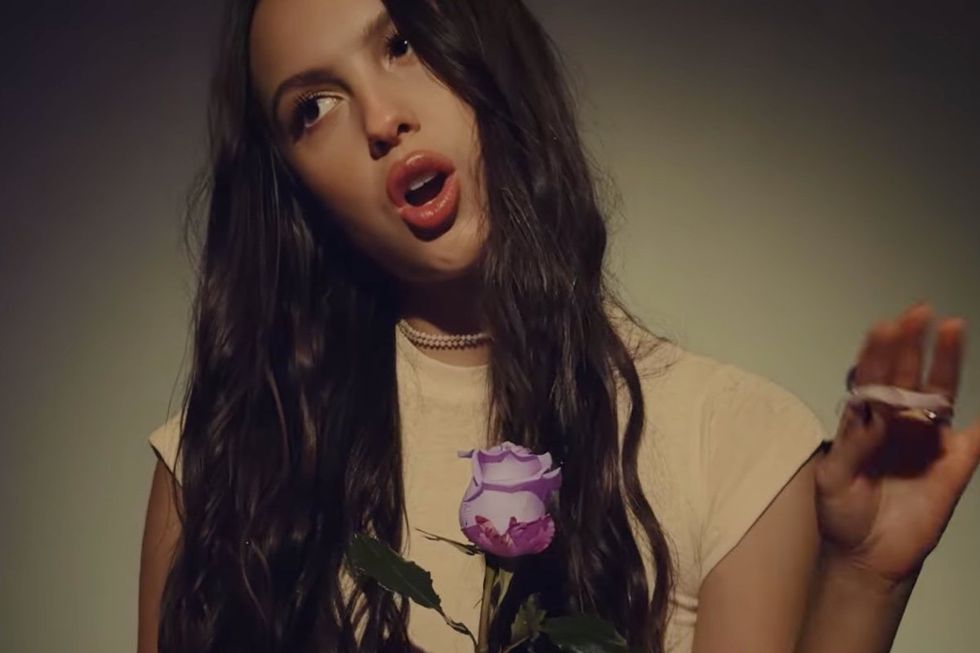
Olivia Rodrigo/YouTube
Even those who acknowledge queer flagging as a thing might be opposed to people turning around and using that to speculate, suggesting that if a celebrity wanted fans to talk about their sexuality, they would start the conversation themselves.
But they may already have done that. Some celebrities guard their private lives very carefully. But social media posts, interviews, and song lyrics are the types of things that are made available for public consumption—and discussion. If, for instance, Olivia Rodrigo writes of a woman named Lacy: “I despise my jealous eyes and how hard they fell for you / Yeah, I despise my rotten mind and how much it worships you,” she knows fans are going to discuss possible meanings.
More to the point, “outing” someone as LGBTQ+ is a very specific term that refers to making privately held information public. A newspaper with verified information about an actor’s same-sex relationship, presented as fact, can out someone. But a random fan on Twitter with no personal knowledge of a celebrity’s private life other than what is publicly available is literally incapable of outing someone.
“We shouldn’t force people to come out.”
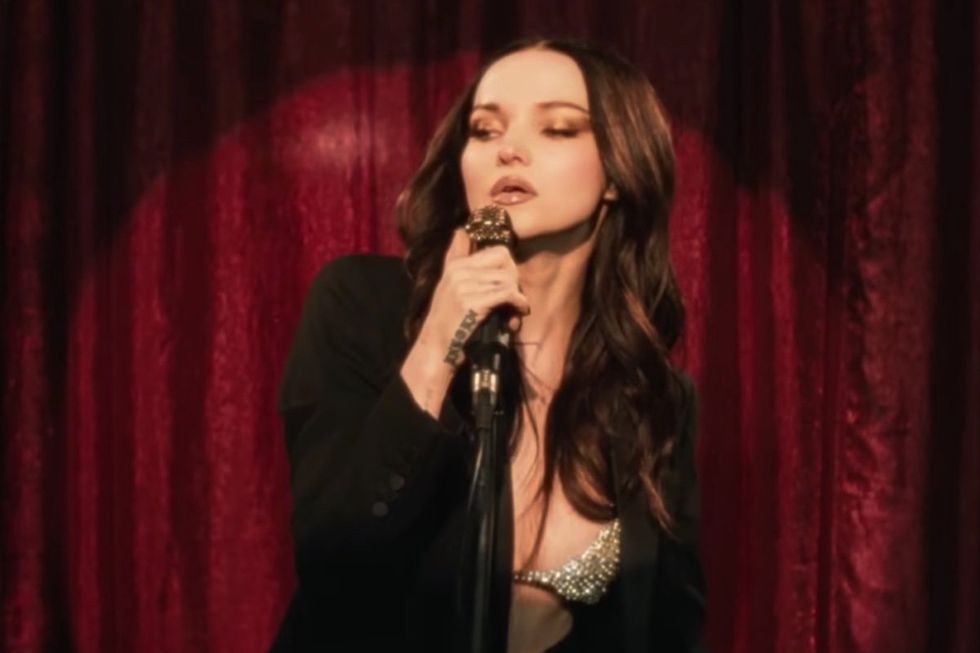
Dove Cameron/YouTube
Well, now we’ve established there's a difference between speculation and outing people, and there’s also a difference between speculation and forcing people to come out. With the unprecedented access we have to celebrities today thanks to social media, it’s usually inappropriate to message or tweet them demanding access to any private information, not just related to sexuality.
If celebrities are searching their own names on Twitter to see what people are saying about them (not at them), though, that’s their choice. But let’s assume a rumor gets big enough that it hits online publications and becomes something they can’t avoid seeing. Well, celebrities decline to address rumors literally every day. And often when they feel forced to address speculation of any kind, it’s because the speculation is harmful and false.
So in that sense, sure, speculation can force people to come out—Dove Cameron, Rita Ora, and Kit Connor are all examples of celebrities who have said they felt they had to come out publicly after being accused of queerbaiting. And speaking of Kit Connor...
“Look what happened with Kit Connor.”

Netflix
Kit Connor rose to fame playing a bisexual teen in Netflix’s hit series Heartstopper. In 2022, he returned to social media to tweet, “Back for a minute. I’m bi. Congrats for forcing an 18 year old to out himself.”
The actor’s coming out was seemingly in response to accusations that he was “queerbaiting” fans by playing a bisexual character on TV, not explicitly labeling his own sexuality, and then being photographed holding hands with a woman. To be clear, Connor never should have been put in this position. But for the most part, the issues surrounding it revolve around a failure to understand the term “queerbaiting” (which refers to media intentionally trying to lure queer viewers in by alluding to characters being queer while refusing to canonically commit to as much) and the recent popularity of the idea that only queer actors should play queer characters (which is a larger, nuanced conversation, but is a purity test that has obvious pitfalls that are boldly on display here).
But fans defaulting to the assumption that Connor must be straight if he’s holding hands with a woman, combined with the aforementioned aspects of the situation, is actually what led to him having to come out before he was ready so he could correct their harmful speculation. It’s worth noting this wasn’t an issue when fans were just speculating that he might be queer—the problems only arose when the pushback to heteronormativity came into play. If we were more comfortable speculating about queerness, and specifically about bisexuality, without insisting people explicitly come out and label themselves, he may never have found himself in that situation.
“But you shouldn’t assume someone is queer unless they explicitly say as much.”
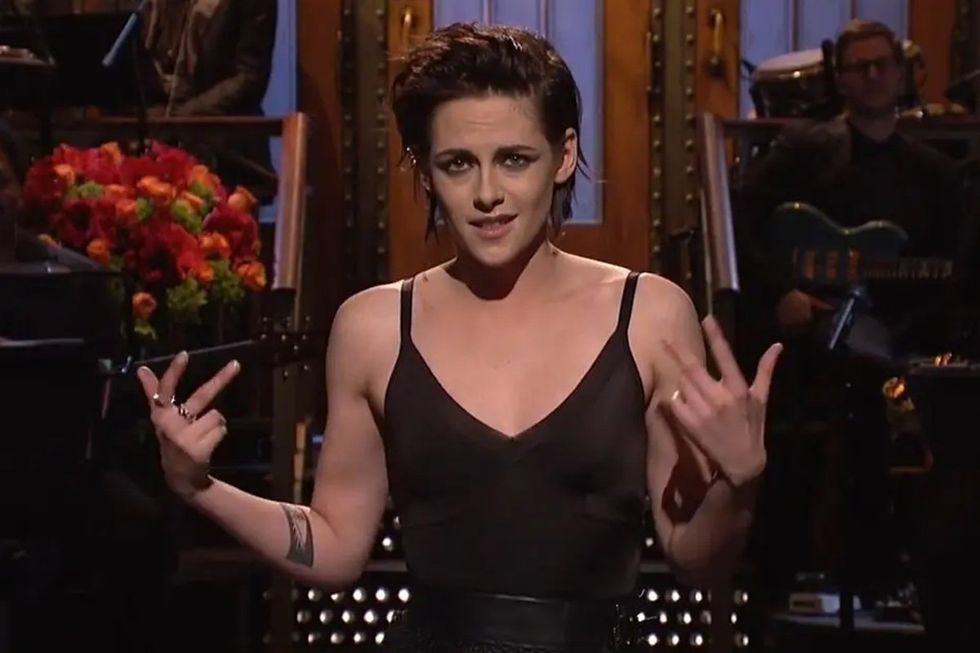
NBC
Some people come out by making a big celebratory post on social media. Others quietly flag their queerness until it would be more surprising if they came out as straight. There simply isn’t a singular right way to come out, and everyone seems to know this until it comes to public figures.
Kristen Stewart dated women in the public eye for over two years before finally saying “I’m like, so gay, dude” on Saturday Night Live. In 2013, after same-sex marriages in the United States were finally able to be recognized by the federal government, Raven-Symoné confirmed longtime speculation by simply tweeting, “I can finally get married!” Holland Taylor spoke at age 72 of the awkwardness in publicly mentioning her relationships with predominantly women without being expected to turn it into a big thing, noting, “I haven’t come out because I am out. I live out.”
These are just a handful of celebrities that were not officially, explicitly “out” in the way people are redefining it today, but it was extremely clear to anyone paying attention that they were not straight, and were not living their lives as if they were straight, or closeted. But it also didn’t start that way—it always began with speculation that gradually snowballed into a general consensus of queerness.
If there’s no one way to come out, and there’s no one way to be out, then how can we insist queerness only be acknowledged by a single predefined action? Maybe, just maybe, we’d be better off shifting our energy towards not assuming anyone is straight unless they explicitly say as much instead.
“Celebrities are allowed to have boundaries in their personal lives.”
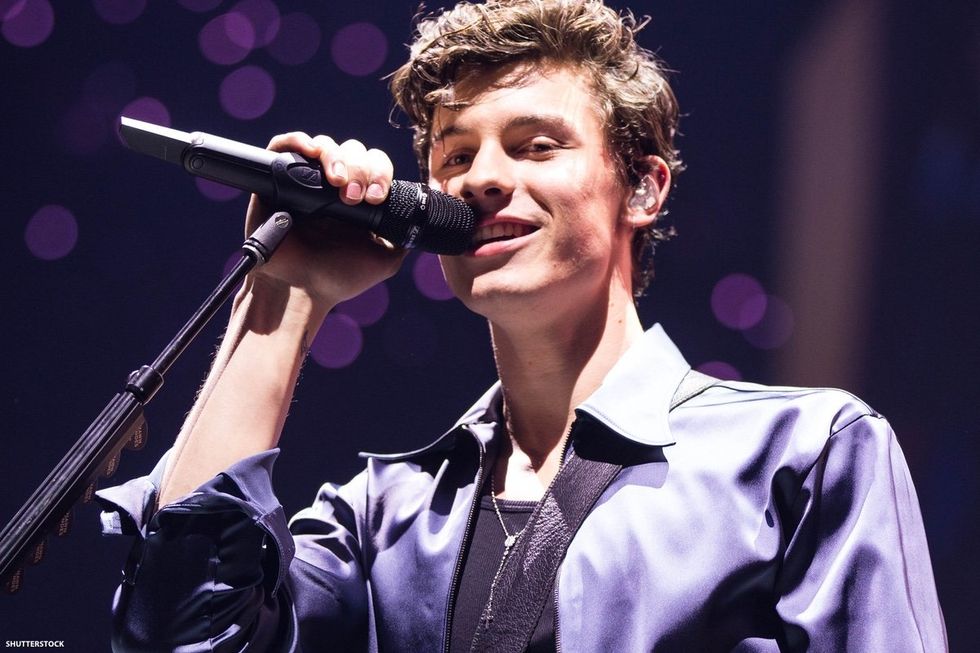
Tom Rose/Shutterstock
Shawn Mendes set a boundary with fans when he made it clear he doesn’t appreciate speculation about whether he’s gay (and has previously said he’s not). That’s an example of a request that should be honored—but it’s not one-size-fits-all.
Boundaries are generally set in place to prevent harm. If rumors—of any kind—harm the mental health of someone like Mendes, he’s well within his rights to ask fans to stop. But applying that boundary equally and automatically to every celebrity implies the suggestion of queerness itself innately causes harm. Not only is that false, it also leaves us drowning in the pitfalls of heteronormativity, which we’ve already established:
- erases intentional queer flagging
- invalidates the identities of people who don’t want to explicitly come out and label themselves
- can force people to publicly refute the assumption that they’re straight before they’re ready
And there’s every reason to assume that for every Mendes (whose feelings are perfectly valid), there’s a Lupita Nyong’o, who, when asked what she thought of the rumors that she and Janelle Monáe once dated, praised the singer’s magnetism and simply responded, “I was not surprised. I don’t mind being associated with her in any capacity.”
(Two additional notes here. First, a celebrity saying that they personally will not confirm or deny rumors, such as who or what their songs are about, does not necessarily equate to them wanting fans to stop having those conversations among themselves in a respectful manner. And second, when minors are involved, this becomes a different ballgame. In addition to needing time and space to figure themselves out, minors can be particularly vulnerable to homophobia as they are still under the care and control of adult guardians. There’s no reason to speculate about minors’ personal lives, period.)
“It shouldn’t matter what a celebrity’s sexuality is.”
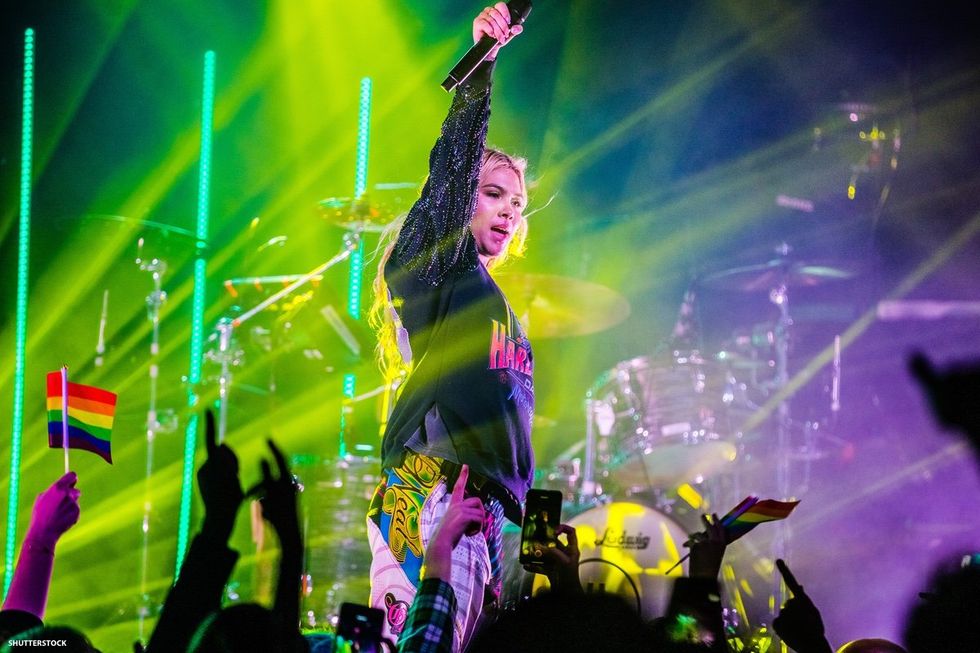
Ben Houdijk/Shutterstock
If it doesn’t matter what a celebrity’s sexuality is, then why feel the need to push back against people theorizing someone might be queer?
Maybe one day true equality will be achieved and it really won’t matter, but we aren’t there yet. People have always looked up to celebrities who create art or put forth a persona that resonates with them, and that’s particularly important for young queer people, who may not have had queer role models or seen that aspect of themselves represented anywhere.
If you can understand the need for LGBTQ+ representation in media, and you can understand that growing up not understanding why you feel different from the heteronormative world around you can be isolating, then you should be able to understand the interest people have in recognizing queerness in a larger than life figure they love and whose work they feel connected to. Just because you don’t personally find meaning in something doesn’t mean the same should be true for everyone else. Or just because you’ve found other out celebrities whose work you connect with doesn’t mean everyone can forge that same connection.
“Okay, but I’m still not going to speculate about a celebrity’s sexuality, and that doesn’t make me homophobic.”
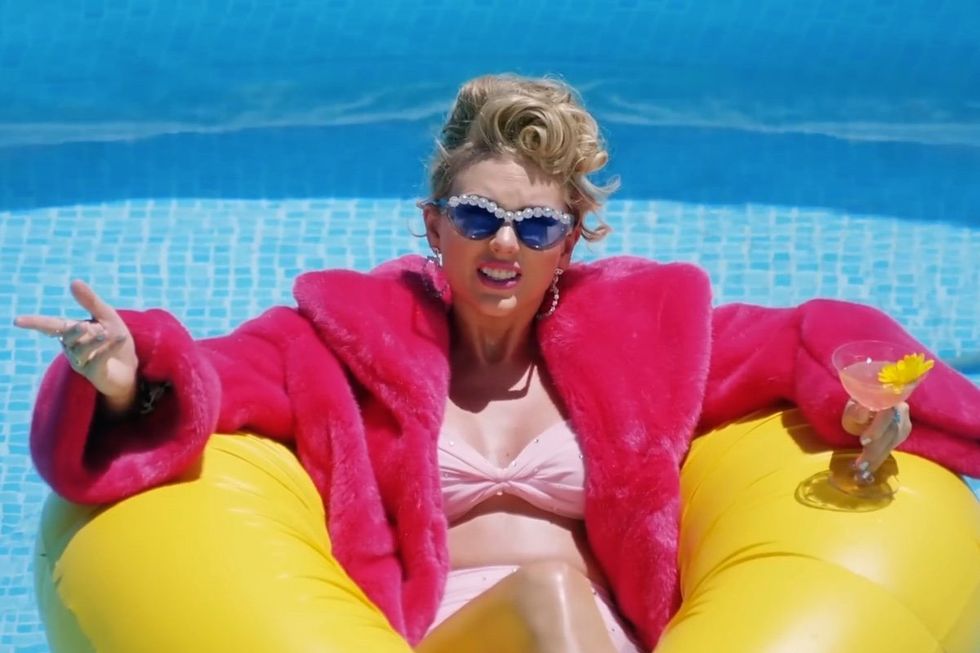
Taylor Swift/YouTube
No one is forcing anyone to speculate about someone’s sexuality; that would be weird. But berating other fans for their own conjecture is weird, too, and not okay. And there generally is some deep-rooted homophobia in all the assumptions it takes to get to that place, whether that’s the intention or not.
If your knee-jerk reaction to seeing speculation about a celebrity being queer is to lash out or shut it down, try asking yourself why that is. Because while celebrities probably won’t ever see you acting on the impulse to "defend" them against speculation—something they never asked you to do—your queer and questioning friends will. Considering the same energy is never, ever spent on combatting the assumption of heterosexuality, all this does is perpetuate the regressive idea that mere association with queerness is taboo.
And sure, a celebrity coming out here and there and proving some internet speculation right isn't necessarily going to change that. But reassessing how we collectively approach the conversations surrounding all of it can do far more good than slamming the closet door shut and insisting nobody's knocking on the other side until they break it down.
